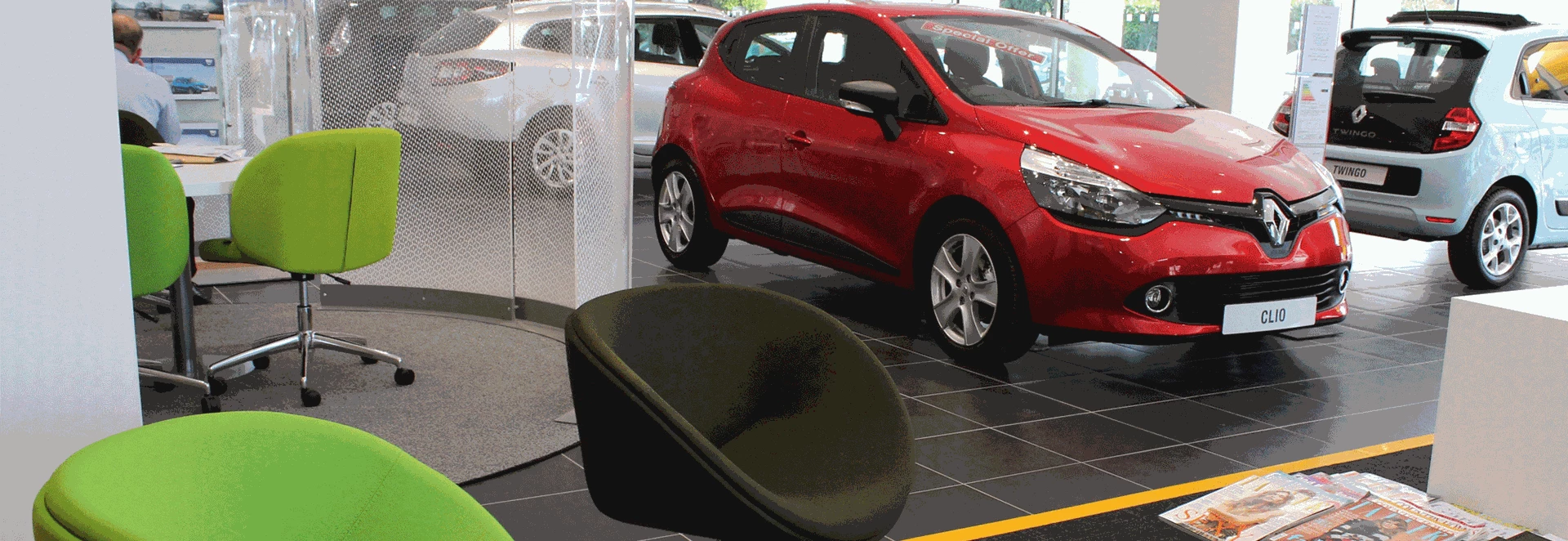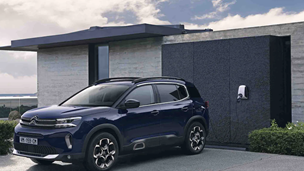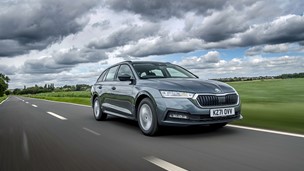More than nine out of ten privately bought new cars are sold with some form of finance package, and of those over 80 per cent are acquired on a Personal Contract Purchase plan, or PCP. However, a PCP isn’t always the best option. Here, we explain the difference between a PCP and a more conventional hire purchase arrangement, which may be a better bet.
How do PCPs and Hire Purchases differ?
Essentially, PCPs and Hire Purchases work in the same way – you choose the car that you like and an external finance company, often affiliated to the car manufacturer or dealer group, provides the finance.
However, with a Hire Purchase you finance the total cost of the car, minus any deposit or part-exchange allowance. With a PCP, all you effectively do is finance the depreciation, based on a minimum guaranteed future value that is agreed at the time of sale. So, assuming you buy a car for £20,000 and put down a £2,000 deposit, the balance is £18,000. If the car has a guaranteed future value of £8,000 at the end of the PCP period, then the finance company will provide funding to cover £10,000 rather than the full purchase price.
At the end of the term, with a PCP you can either pay off the remaining value – also known as a balloon payment – hand the car back, or enter a new PCP with a replacement vehicle. With a Hire Purchase, by the end of the finance term you own the car outright.
Save money on your new car today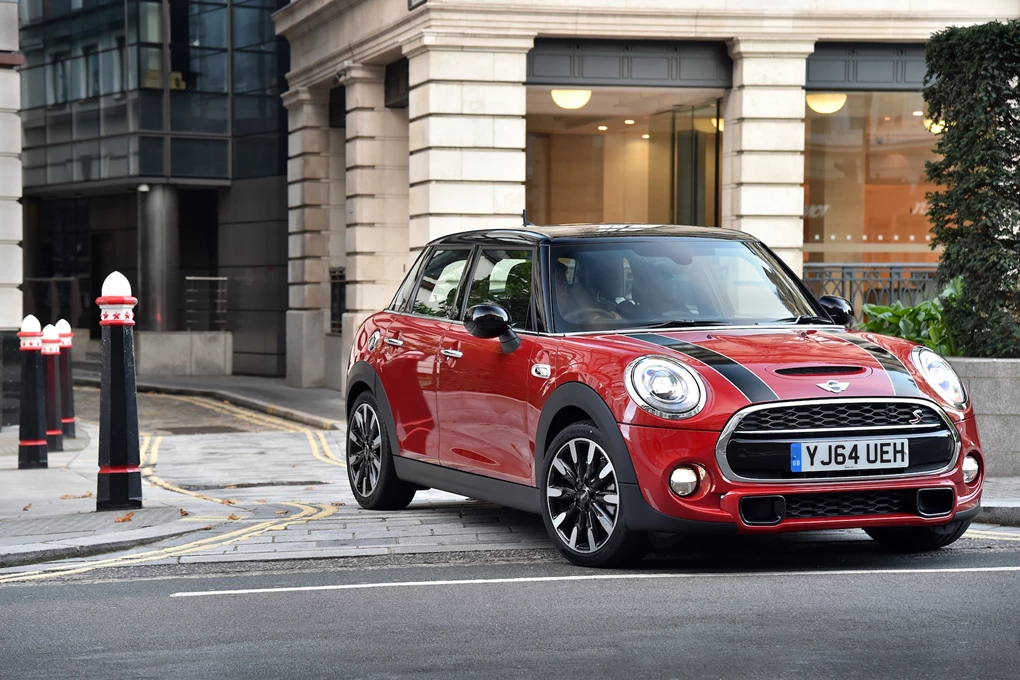
Which is cheaper?
In terms of overall cost, a Hire Purchase is often cheaper over the long run – though if an outright purchase is what you’re after, it’s worth comparing Hire Purchase costs against those of a conventional bank loan, especially with interest rates being low. It may be that an unsecured loan is even less expensive over a five-year period, and unlike a Hire Purchase will also give you title to the car straight away.
However, when it comes to monthly repayments (which is how most people budget) a PCP makes new car ownership much more affordable. True, until the balloon payment is made at the end of the deal, you won’t technically own the car. But on the flip side, you’ll pay a fair chunk less per month, and are free to hand the car back and begin a new PCP at the end of the term – something that many Hire Purchase customers traditionally do, anyway. At the end of the day, it’s what works best for you.
What are the advantages of each?
For Hire Purchases, simplicity is key. You buy a car, the finance company calculates repayments over a pre-defined period and makes its money out of the finance interest. At the end of the term, be it three or five years, you own the car outright. If you want to buy a car that you’ll keep for longer than the term of the agreement, it makes sense.
For PCPs, the lower monthly payments are key. They make bigger and better equipped cars more accessible, while making it much easier to budget. Buy a car on a three-year PCP and swap it for another at the end of the term, and you need never worry about the balloon payment nor the hassle of owning a car that’s out of warranty. It’s a safe option.
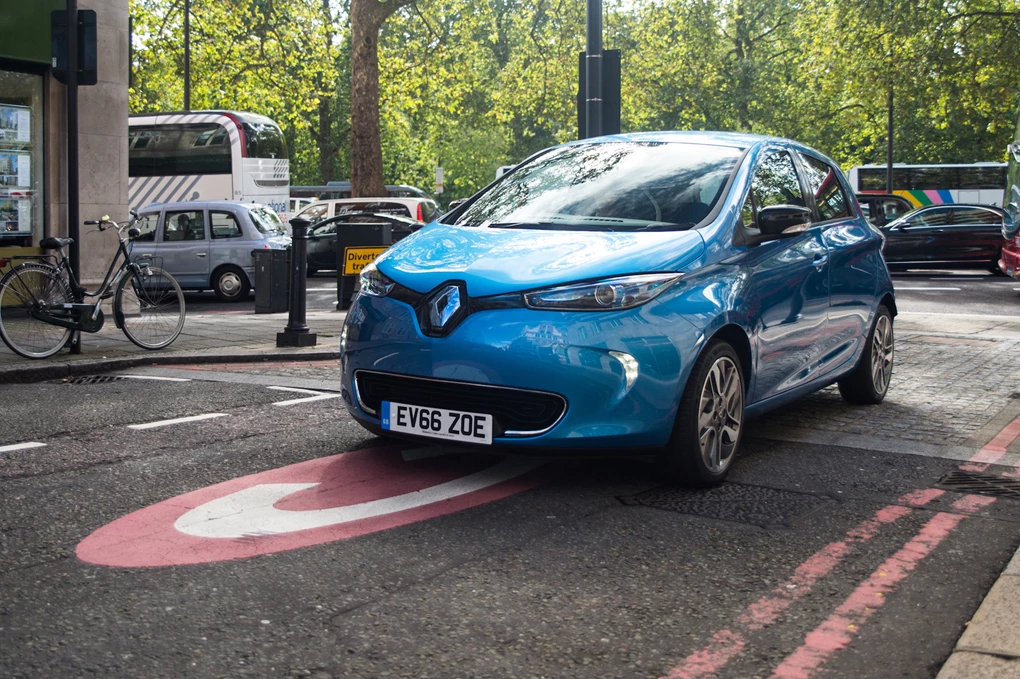
And the disadvantages?
With Hire Purchase, the loan is secured against the car. Miss your instalments and there’s a very real risk that the car will be repossessed, so make sure you can afford the repayments and also have a contingency. The repayment term is often longer as well, so you’re committed for five years, for example, rather than three.
With a PCP, the biggest risk is getting caught in a PCP cycle that you struggle to get out of. If you can’t afford the balloon payment at the end of the term (usually three years), then unless you’re prepared to hand the car back and come out of it empty-handed, your only real option is another PCP. That’s why so many people are on them.
There are also penalty charges for excessive mileage or damage to a car, which reduce its guaranteed value.
If you know what you’re buying into, a PCP is a cheap way of buying a new car, and to many people that’s all that matters.
Find a great car deal today